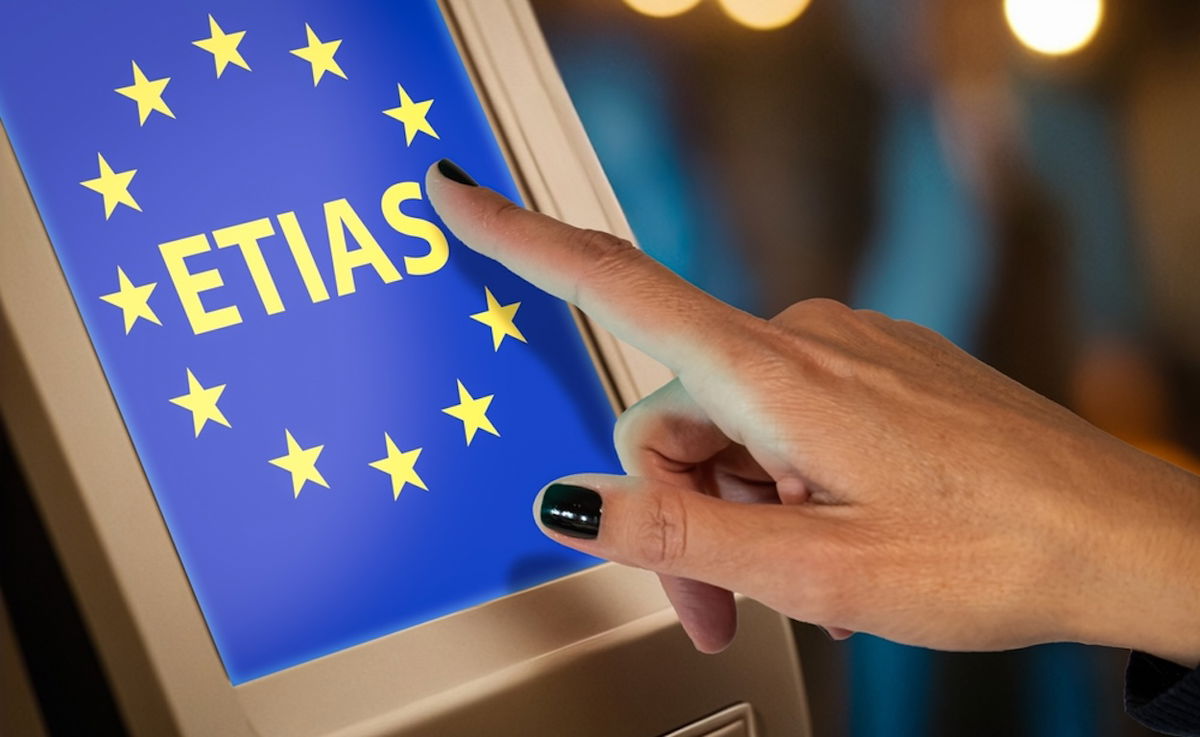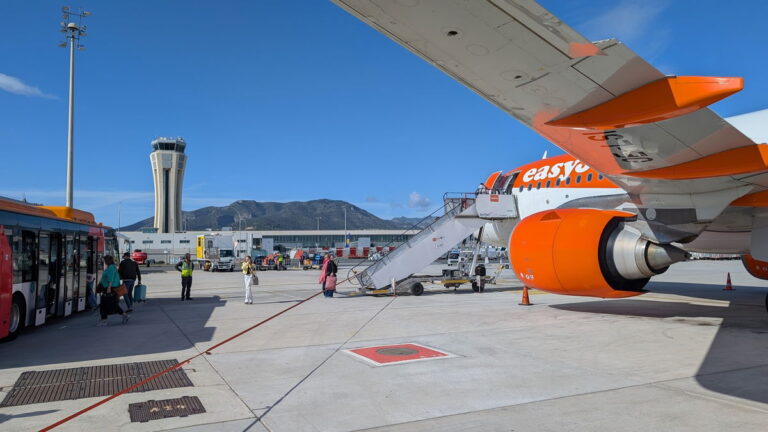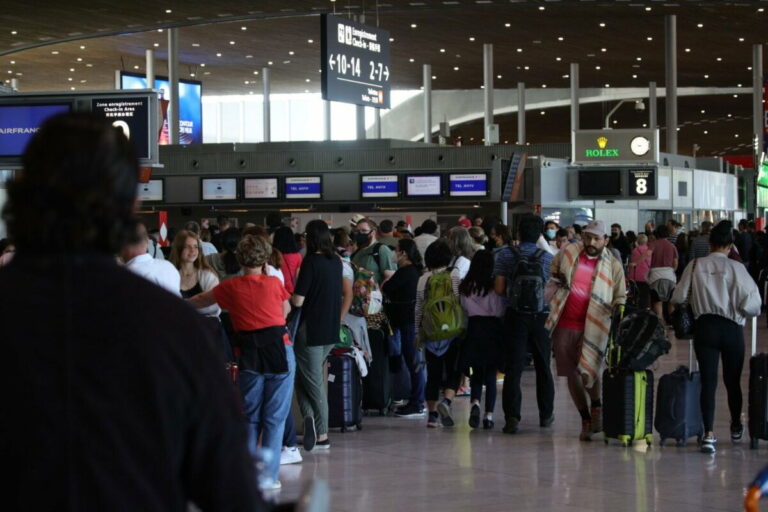
ETIAS 2026 Business Travel Guide: What every UK and US business traveller needs to knowCredit: Ivan Marc, Shutterstock.
If you thought Brexit was the only bureaucratic curveball for Brits heading into Europe, think again. The European Union is cooking up a fresh travel twist – and it could throw a serious spanner in the works for business travellers heading to the EU.
Originally slated for November 2024, the launch of the European Travel Information and Authorisation System (ETIAS) has just been pushed back yet again – this time to late 2026. But don’t be fooled by the delay. Experts say now is the time for Spanish firms and their international partners to get their paperwork – and passports – in order.
Businesses should not wait for ETIAS to become active to prepare, warns Amsterdam-based immigration lawyer Kirsty Gies of Everaert Advocaten. The implications for business travel will be significant.
What is ETIAS – and who needs it?
ETIAS (pronounced ee-tee-ass, if you were wondering) is not a visa.
The system applies to visa-exempt travellers from more than 60 countries – including the UK, US, Canada, Australia and Japan – who want to visit the Schengen Area for short stays (90 days within a 180-day period). That includes business trips to Spain.
Applicants will have to fill out an online form, declare criminal and health history, and pay a modest €7 fee. Once granted, the authorisation lasts three years, or until your passport expires.
So yes, it’s cheap – but forgetful travellers risk being grounded if they skip this step.
Last-minute travel just got a lot riskier.
Forget about dashing to Madrid on a whim. ETIAS is here to kill the spontaneous business trip.
Although most applications should be approved within minutes, anyone flagged for further checks could face lengthy delays or even outright refusal.
That’s bad news for UK firms sending staff at the last minute to seal deals, consult on projects, or woo clients. And even worse news for Spanish companies relying on quick fly-ins from overseas partners.
What happens if you’re rejected?
If you’ve got a patchy immigration past, don’t expect a warm welcome. ETIAS pre-screens for security, health and migration risks.
A single past visa issue could trigger extra scrutiny – and possibly a red stamp. Rejected applicants will receive an email detailing the reasons for refusal and the authority that made the decision, with the right to appeal.
Watch out, frequent flyers
If your business runs on a carousel of short-term visitors – whether consultants, trainers, or project partners – you’ll need to factor ETIAS into every itinerary.
Travellers with long-term residence permits in Spain are off the hook – but anyone popping in from outside the EU will need to stay on top of their ETIAS expiry dates and reapply when necessary.
And remember: get a new passport? You’ll need a new ETIAS. No exceptions.
Big teams, bigger admin headaches
Large firms with global teams may find the biggest cost isn’t the €7 fee – it’s the bureaucratic burden of tracking applications, renewals and rejections.
Experts suggest adding an ETIAS check to internal travel policies to avoid last-minute chaos at check-in.
And no – ETIAS doesn’t replace your work permit or residence card. If you’re planning anything beyond short-term travel, the usual immigration rules still apply. ETIAS is just one more hoop to jump through.
Stay tuned for more US news.
Get more UK news.







